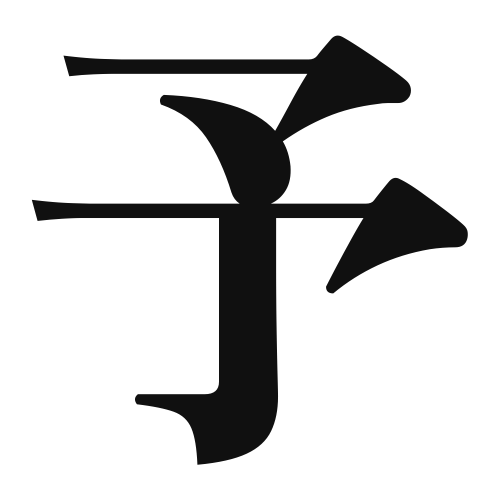1. Overview of Meaning
The kanji “予” (yo) primarily means “to predict” or “to prepare.” It conveys the idea of making arrangements or forecasts about future events.
2. Formation and Radical
Formation of the Kanji: The kanji “予” is classified as a phonetic-ideographic character (形声文字). It combines elements that suggest both sound and meaning, indicating its function related to prediction and preparation.
Radical: The radical for “予” is “亻” (the person radical), which often relates to actions performed by people.
3. Examples of Usage
Common Words and Phrases: Some frequently used words that include “予” are:
- 予測 (yosoku) – prediction
- 予約 (yoyaku) – reservation
Example Sentences in Daily Conversation:
- 天気予報を見て、明日の天気を予測しました。 (I checked the weather forecast and predicted tomorrow’s weather.)
- レストランの予約をしました。 (I made a reservation at the restaurant.)
4. Synonyms and Antonyms
Similar Kanji: A similar kanji is “予知” (yochi), which means “foresight” or “precognition.” While both involve prediction, “予知” often implies a deeper understanding or insight into future events.
Antonyms: An antonym for “予” is “後” (ato), which means “after” or “later,” indicating a focus on events that have already occurred rather than those that are anticipated.
5. Cultural and Historical Background
Relation to Japanese Culture: The concept of prediction and preparation is deeply rooted in Japanese culture, where planning and foresight are valued traits. This is evident in various traditional practices and festivals.
Proverbs and Idioms: One relevant proverb is “備えあれば憂いなし” (sonaereba urei nashi), which translates to “If you are prepared, you will have no worries,” emphasizing the importance of preparation in life.
